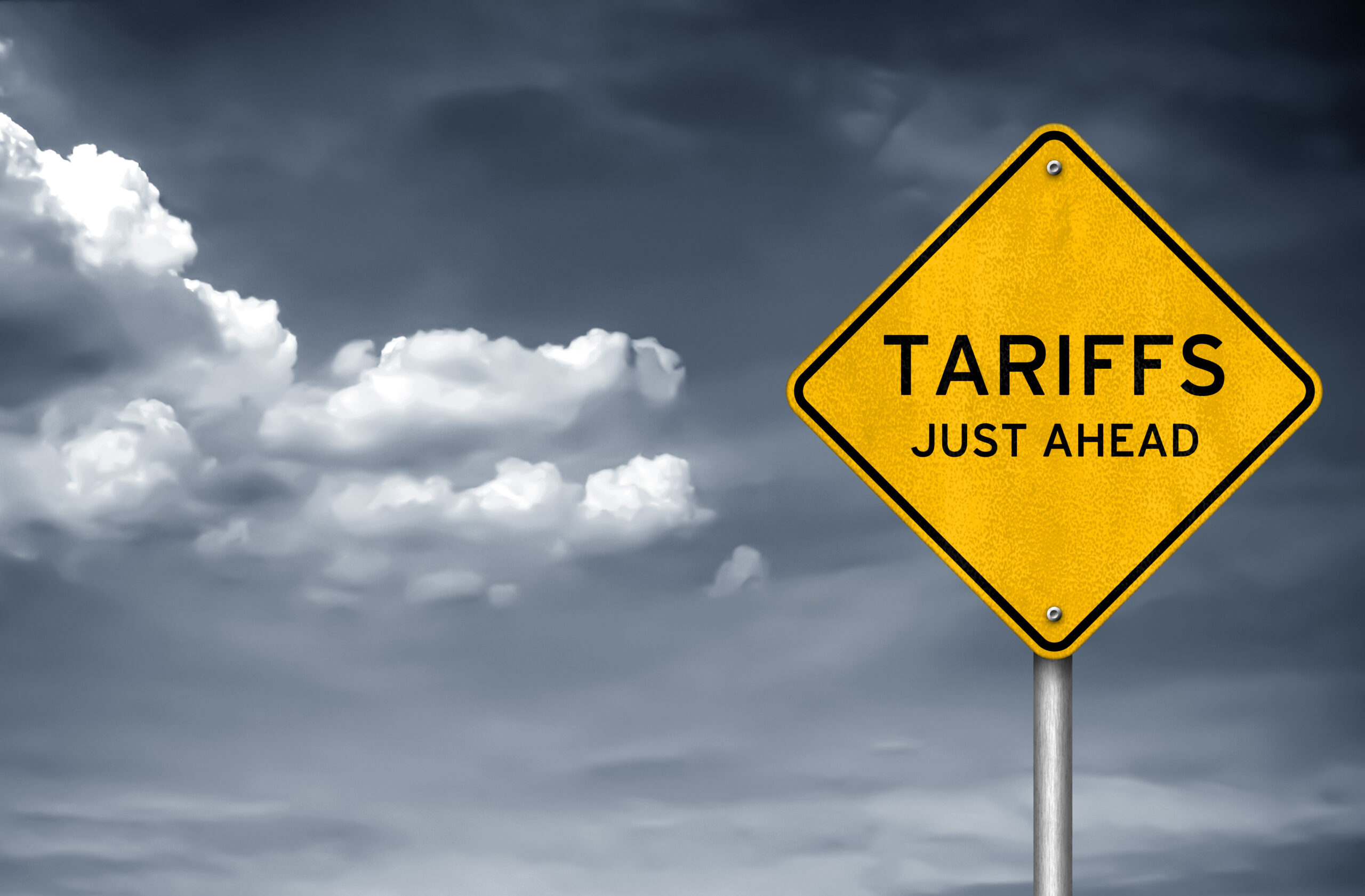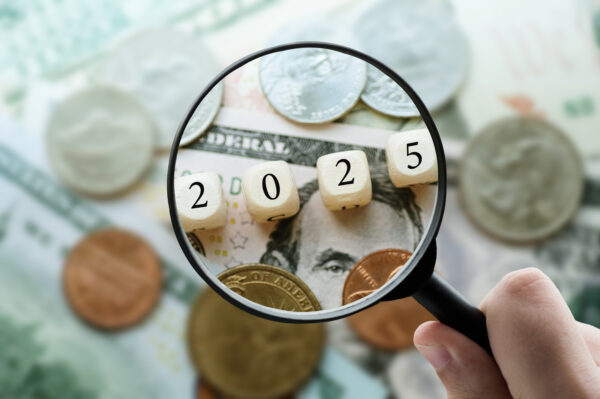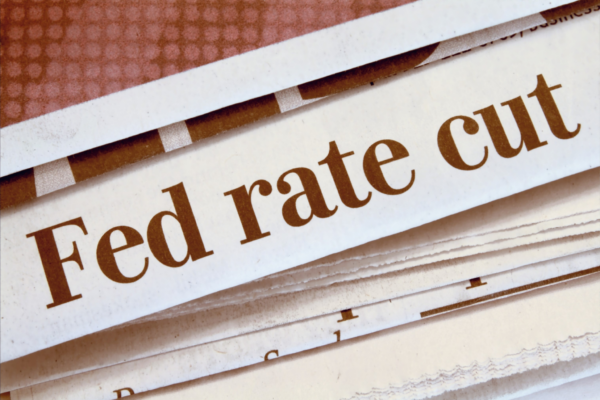What Are Tariffs and How Do They Impact Veterinarians?
One of the biggest buzzwords of the 2024 Presidential campaign was “tariffs.” The last time any of us heard that word was in high school history class when discussing The Great Depression. But what are tariffs and how do they impact veterinarians? Let’s start with a little history.
In 1930, the US passed the Smoot-Hawley Tariff Act, which greatly increased import duties on products from abroad. These protectionist trade policies slapped a tax on foreign importers who wanted to sell their products in the US. The idea behind the Act was to shore up American manufacturing, which was in decline due to the ravages of The Great Depression. It had the opposite effect. Two years later, the tariffs were abandoned after unemployment doubled. The implications of these trade policies extend far beyond the history books and can have a real impact on industries, including veterinary medicine.
On January 26th, President Donald Trump announced 25% tariffs on Colombia due to an immigration spat. The government of Colombia ultimately backed down, but the damage could have affected what we pay at the grocery store for coffee and flowers. We import 20% of our coffee and a whopping 70% of flowers from Colombia. That could’ve made Valentine’s Day a headache for all of us who buy our significant others flowers.
So why discuss tariffs at all? The incoming administration has promised to use tariffs as an economic tool to address trade imbalances and protect and grow domestic manufacturing. This not only applies to our economic rivals but our allies as well. As part of his tariff policy, President Trump has promised to implement 25% tariffs on imported goods from Mexico and Canada (our two largest trading partners) on February 1st. While President Trump is known to be a negotiator (which may mean his threat of tariffs is more of a negotiation tactic instead of a reality), we must be informed of their impacts on our finances.
It’s important to note that while tariffs can offer potential benefits, they also carry major risks, such as increased costs for consumers and potential retaliatory measures from trade partners. Let’s break it down.
What Are Tariffs?
A tariff is a tax placed on imported goods by the U.S. government. The goal is to make foreign products more expensive, encouraging businesses to buy from domestic suppliers instead. While this sounds good in theory, in practice, businesses still need to purchase essential goods from international sources—and that’s where tariffs become costly.
Who Pays for Tariffs?
While governments impose tariffs on imports, the cost is typically passed down the supply chain. Importers pay the tariff initially, but businesses that rely on those goods—like veterinary clinics—end up absorbing the higher costs. In many cases, those costs are then passed on to consumers, meaning clients may face higher veterinary bills, and veterinarians themselves could see the impact in their salaries and clinic budgets..
How Do Tariffs Impact Veterinarians?
Veterinary clinics rely heavily on imported products, from basic medical supplies to advanced imaging equipment. If tariffs increase the cost of these goods, clinics must absorb those costs or pass them on to clients. Here are a few examples of how tariffs could impact your daily work:
Higher Medication Costs – Many commonly used veterinary drugs, such as anesthetics and antibiotics, are produced overseas. Tariffs on pharmaceuticals could drive up clinic expenses.
More Expensive Medical Supplies – Items like syringes, surgical gloves, and diagnostic tools are often imported. If tariffs increase their costs, clinics may face supply shortages or higher prices.
Rising Equipment Prices – X-ray machines, ultrasound equipment, and other veterinary tools often come from international manufacturers. Tariffs could make replacing or upgrading this equipment more costly
The Ripple Effect on Your Personal Finances
If your clinic’s expenses rise due to tariffs, it can affect your financial situation in ways you might not expect:
Salary Adjustments & Raises – If a practice is struggling with higher costs, pay raises may be delayed, smaller, or even paused altogether.
Reduced Benefits or Bonuses – Clinics may adjust their benefits packages, cutting back on retirement contributions, continuing education stipends, or performance bonuses.
Increased Cost of Living – Tariffs don’t just affect veterinary medicine; they can drive up prices on everyday essentials, from groceries to gas. That means even if your salary stays the same, your purchasing power decreases
5 Ways to Protect Your Finances
Since tariffs (and their impact) are out of your control, the best approach is to prepare for potential financial shifts. Here are a few ways to safeguard your personal finances.
1. Reevaluate Your Budget – If the cost of living rises while your income remains steady, tracking and adjusting your spending can help maintain financial stability. Prioritize essential expenses and consider cutting back on discretionary spending where needed.
2. Strengthen Your Emergency Fund – Having 3–6 months’ worth of expenses in an emergency fund can provide a financial cushion if your salary or benefits are affected by higher clinic costs.
3. Negotiate Wisely – If you’re due for a contract renewal or raise, be aware of how economic factors like tariffs may impact your employer’s financial flexibility. Understanding clinic finances can help you approach negotiations with realistic expectations and a strategic plan.
4. Consider Additional Income Streams – If salary growth slows, diversifying your income can help offset financial strain. Whether through relief work, consulting, or telemedicine, having a secondary income source can provide extra security.
5. Keep Investing for the Long Term – Market volatility and inflation caused by trade policies might make investing feel uncertain, but staying the course with your retirement contributions ensures you continue building wealth over time.
Final Thoughts
Tariffs might seem like an abstract policy issue, but they can have a tangible impact on your financial future. By understanding how they affect clinic operations and, in turn, your personal finances, you can take proactive steps to protect yourself.
While you can’t control trade policies, you can control how you manage your finances—ensuring stability and growth no matter what economic shifts come your way. So if you are feeling uncertain about your finances in 2025, do not hesitate to reach out! Let’s create a life plan that removes the stress of uncertainty and puts you in control of your future.












